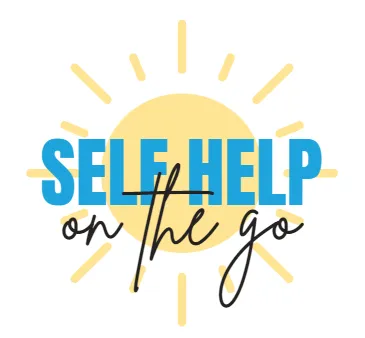

The Joy of Middle Ground
Polarizing extremes seem to be all the rage these days. I was recently in an interesting conversation in my monthly meditation group (it’s a lovely little group, run by an old friend, link at the bottom if you want more info) about this exact issue. We were talking about how we seem to be regularly encouraged in our culture to either be “pulling yourself up by your bootstraps” or “upset about everything.” Both perspectives lack nuance, and both seem to be predicated on resisting the complexities of actual reality. Flipping back and forth between outrage and dismissal isn’t typically very skillful in solving problems, feeling good about yourself or connective in relationships.
Also, both extremes tend to keep folks stuck. When a person is circling in outrage, they tend to spend more time seeking evidence to support their upset than to be working on solutions. This keeps people in victim mode. And, conversely, when insisting on dismissal, everything is too isolated, as every problem needs to either be ignored, or solved all on your own. This tends to be like bully mode. Neither of these options engages the best of the human mind.
I suggest a switch to middle ground. If centered in reality we can then identify, without a lot of fanfare or judgement, what is going on. We can literally label something, identify the emotions associated with it and then assess our options. This is what acceptance of reality looks like. Saying what is going on, and then figuring out what to do about it, not spending a bunch of energy judging if it is good or bad (see, more polarizing extremes). Once you have a little distance from either the outrage or the resistance ends of the spectrum, you can work WITH your emotions instead of being overwhelmed by them. You can assess what is working and what isn’t, and then determine action, instead of just being overwhelmed by emotion and reaction.
In the meditation group, we talked about applying this to our minds. It went something like this:
Notice
Assess
Act
Noticing sounded like “Oh, I’m being really hard on myself right now” in a more factual, less judgmental way. Assessing established that this type of self-flagellation wasn’t so helpful. And, even though it was a frequent occurrence, it didn’t tend to be very helpful in solving problems. Understanding this empowers a person to figure out what they can DO about the reality. Then committed action was an option, “I can sit with these feelings and then move on with my day. Next up? Let’s plan something for dinner that I’d enjoy.”
Let’s not bully ourselves or others, nor get lost in victim mode anymore. Instead, notice what’s going on and label it. Assess if it’s something skillful or unhelpful, something to continue or to think about changing. Then encourage yourself to actually follow through with action based on assessment rather than just knee jerk, emotional reaction.
If you are interested in the meditation group, feel free to reach out to Dr. Heather Schulte at her website: https://schulte101.wixsite.com/website Please know the only incentive to provide this link is to see your smiling face in meditation class, no financial reward is provided to me for the link.